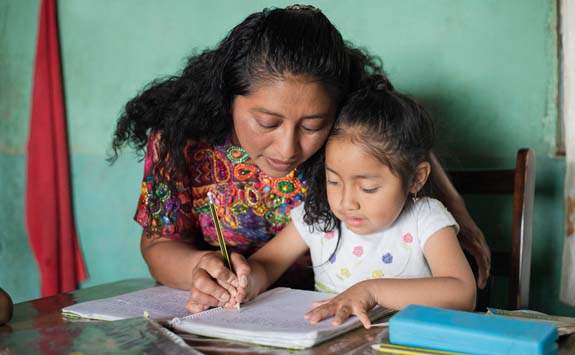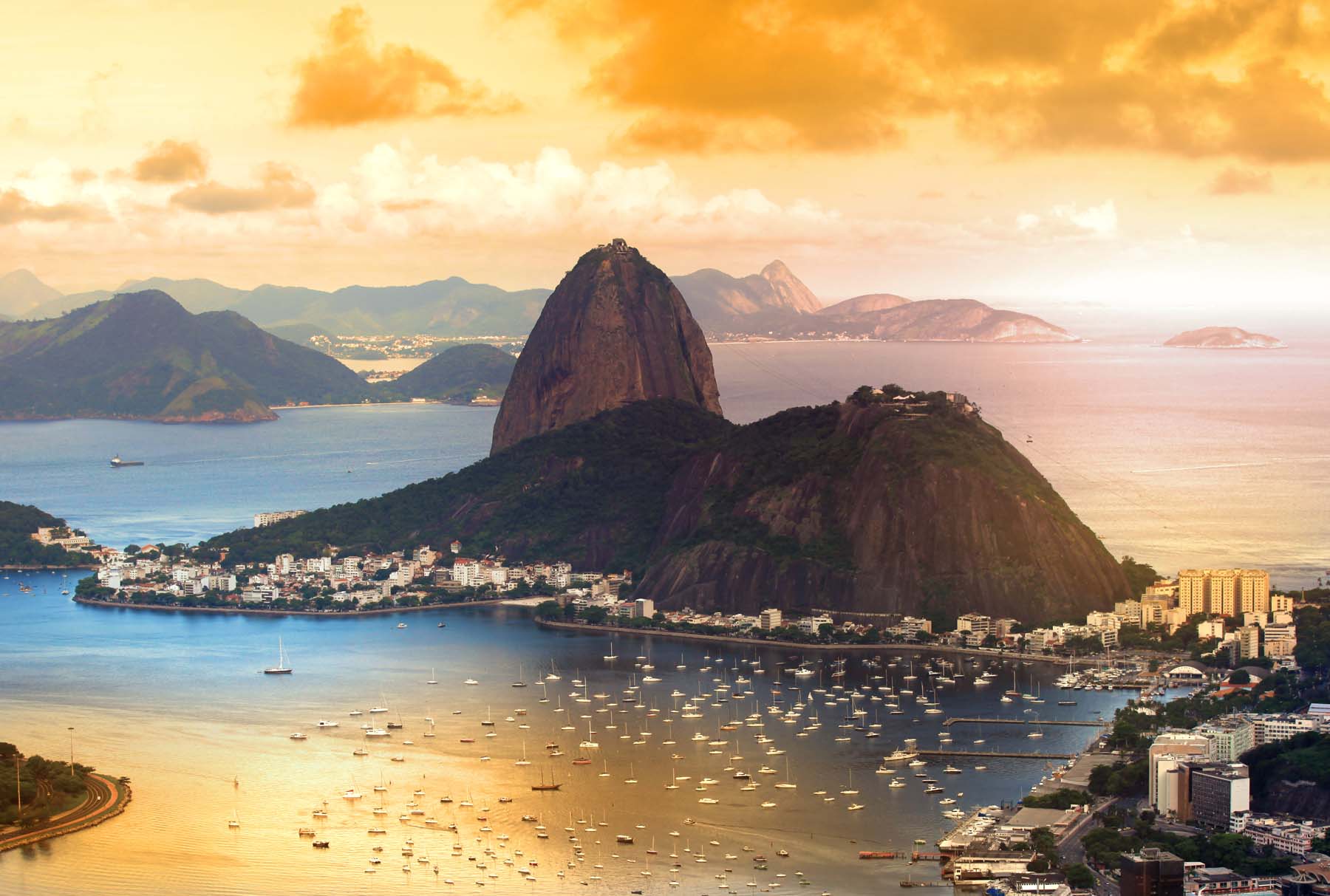Latin America
Newcastle University’s engagement in Latin America spans a range of academic disciplines. Our researchers work with Latin American universities, governments, organisations and communities.
Making a difference and tackling global challenges
We work on projects that help to make a difference and tackle global challenges. Our research into the region looks at:
- history and politics
- human geography and urban planning
- sociology and neuroscience
- literature and film
- language and education
- marine biology and environmental sciences
We are also proud to welcome students from countries in Latin America. They contribute to our academic excellence and global university community.

Sustainable Community Development in Colombia
Together with local partners, Newcastle University is helping to develop sustainable community projects centred on food security. They emphasise social franchising, cooperative models and community ownership.
We're working in collaboration with:
- Colombian Institute for Environmental Research of the Pacific (IIAP)
- University of Los Andes, Bogotá
- Northumbria University
Find out more about Sustainable Community Development in Colombia
Screening Violence - A Transnational Study of Post-Conflict Imaginaries
This is a documentary filmmaking project. It engages with communities in Colombia, Argentina, Algeria and Indonesia that have experienced prolonged and entrenched violence of different kinds.
The aim is to achieve new understandings of how social imaginaries shape:
- civil conflicts
- transitions to peace
Water Security and Sustainable Development Hub, Colombia
As part of the Water Security and Sustainable Development Hub, we are working to:
- recover water regulation services in the Upper Cauca River Basin in Colombia
- put in place agro-ecological systems among farmers and smallholders for fair water management and increased resilience to extreme climatic events
- integrate planning tools within and across government institutions
Find out more about Water Security and Sustainable Development Hub, Colombia
Latin American Youth Activism
Newcastle University researchers are working on a monograph which analyses the role youth activists in public life.
This research is being conducted through cultural and political collectives. They provide a vehicle for young people to intervene on issues they want to transform in their societies.
Large assemblies take place, where a variety of collectives agree on action. These collectives and assemblies bypass conventional and severely discredited political organisations.
Expanding Wastewater-Based Epidemiology surveillance programmes
Our researchers partnered with 14 countries to assess major Latin American cities for prevalence of:
- SARS-CoV-2 variants
- antimicrobial resistance
- other infectious agents
We're using the Rocket High-Performance Computing service at Newcastle University.
This technology will become the gold standard in providing information.
It delivers data on community-wide exposure to public health threats in near real-time.
Smart Urban Resilience
We're investigating relationships between smart city technologies, disaster risk reduction and emergency responses.
We want to determine how smart cities can enable or constrain citizens’ actions. We're looking at impact on planning for, and responding to, disasters and emergencies.
We're working with:
- CONACYT (Mexico’s National Council of Science and Technology)
- Universidad Autónoma de Guerrero in Mexico
- Durham University
University organisations
International students
If you are an international student from Latin America, visit our International Students website.
You'll find information about entry requirements, scholarships and more for your country.
Intercalated and elective study
Our Faculty of Medical Sciences students have the opportunity to enrich their education.
They can further their professional development with an intercalated degree.
Most students choose some elective study, including experiences to learn abroad.
School of Dental Sciences students have performed basic dental care in the Amazon basin during electives.
Find out more about intercalated and elective study
International Coalition of Sites of Conscience
We have a strategic partnership with the International Coalition of Sites of Conscience (ICSC). We've placed student interns at several ICSC member sites, including Circular de Morelia in Mexico and Museu de Pessoa in Brazil.
Students actively promote social justice and a universal culture of human rights. They work to:
- empower marginalised communities
- counter hate speech and violent extremism
- preserve the memory of victims of human rights violations

